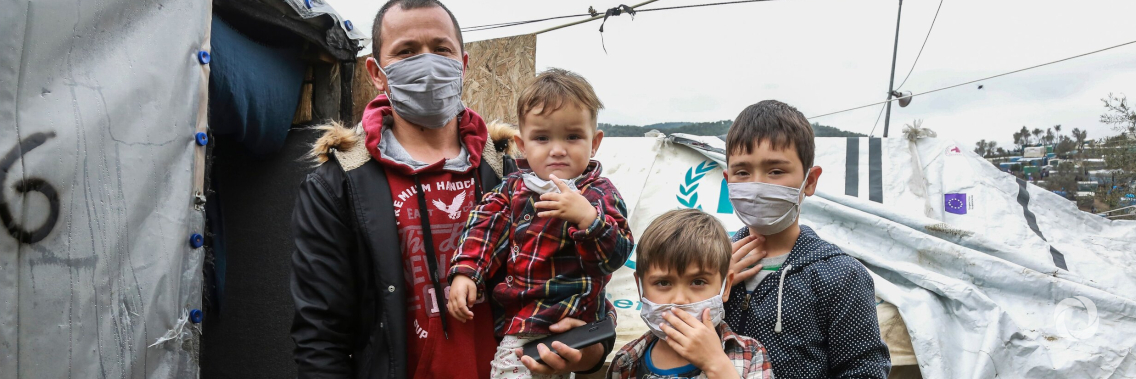UNHCR, the UN Refugee Agency, detailed a series of measures it is taking in its field operations to help respond to the COVID-19 public health emergency and prevent further spread.
“I am deeply concerned at this unprecedented pandemic and its impact on refugees and their host communities. The COVID-19 crisis has already had significant consequences for our operations, forcing us to rapidly adjust the way we work. However, we are sparing no effort to help and protect refugees the best we can under these difficult circumstances,’’ said Filippo Grandi, the UN High Commissioner for Refugees.
“Our top priority in the COVID-19 crisis is to ensure that the people we serve are included in response plans and are properly informed, while we supplement Governments’ preparedness and response efforts wherever needed,’’ he added.
On 26 March, UNHCR called for $255 million as part of the wider UN appeal, to focus on priority countries that will require specific action.
Although the number of reported and confirmed cases of COVID-19 infection among refugees remains low, over 80 percent of the world’s refugee population and nearly all the internally displaced people live in low to middle-income countries, many of which have weaker health, water and sanitation systems and need urgent support.
Many refugees live in densely populated camps or in poorer urban areas with inadequate health infrastructure and WASH – water, sanitation and hygiene – facilities. Prevention in these locations is of paramount importance, noted Grandi.
Measures UNHCR is taking include:
- Reinforcing the health and WASH systems and services, including by distributing soap and increasing access to water.
- Supporting governments with infection prevention and health-care response, including through the provision of medical equipment and supplies.
- Distributing shelter material and core relief items.
- Offering guidance and fact-based information on prevention measures.
- Expanding cash assistance to help mitigate the negative socio-economic impact of COVID-19.
- Enhancing monitoring and interventions to ensure the rights of forcibly displaced people are respected.
Original source: UNHCR
Published on 31 March 2020

